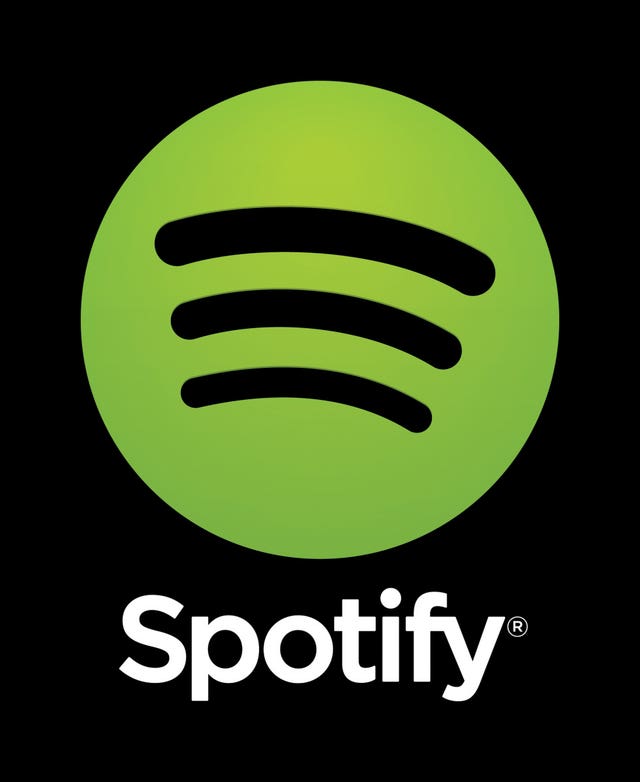Major labels warn ‘disruption’ to streaming could ‘diminish UK competitiveness’
Representatives of Sony Music, Warner Music and Universal Music were grilled by MPs.

Music industry bosses have defended their right to a share of streaming revenue, saying any disruption to the current system could “diminish UK competitiveness”.
The heads of the UK’s “big three” major labels – Sony Music, Warner Music and Universal Music – told MPs their cut was a fair reward for the risks involved in developing artists, recording, marketing and distribution.
Streaming currently accounts for more than half of the global music industry’s revenue and brings more than £1 billion to the UK in revenue, with 114 billion music streams in the last year.

The Digital, Culture, Media and Sport Committee’s inquiry into the economics of music streaming has so far heard from musicians including Elbow frontman Guy Garvey and singer-songwriter Nadine Shah, who both argued for artists to receive a larger share of revenue.
Speaking during a sometimes fractious session, Tony Harlow, chief executive of Warner Music UK, told MPs the economics of streaming were currently “working their way through”, and cautioned against disrupting the system.
He added: “This is an evolving situation. It is being well-governed by a market that is efficient and nimble and it doesn’t need any change.
“Any disruptions could diminish UK competitiveness at a time when I feel the UK needs to be the home of recorded music, just as it is by providing one in 10 streams around the world, by being the number two export business.
“We need to be getting on with making the UK the absolute best place to invest in music.”

He said: “The independent sector is a brilliant sector and signs some of the best acts. There is more opportunity for artists to either sign to a major label or sign to an independent label or distribute their own records. There are more avenues today than I have ever seen in my time doing this job.”
The inquiry has looked into how the streaming model has affected artists and record labels, following increased scrutiny prompted by the coronavirus pandemic.
David Joseph, chairman and chief executive of Universal Music UK and Ireland, said the entire streaming system should not change because some artists, with smaller but more devoted fanbases, had suffered more due to the live shutdown.
A previous session saw singer-songwriter Shah speak of how her earnings from streams alone were not enough to keep “the wolf away from the door”.
Addressing her comments, Mr Joseph said: “I think Nadine Shah is a wonderful musician. She is a wonderful songwriter. But the amount of money an artist gets from streaming is determined in certain parts by popularity.”
He said artists with a “relatively small” but “passionate” fanbase had been hard hit but said it was “not possible and not logical” to instantly replace the money they would have made through other income streams such as streaming.
He added: “That was never how their earnings were shaped.”
Early on, committee chairman Julian Knight reprimanded Mr Joseph for failing to answer a question about royalties.
He was asked about a 2017 deal where Universal agreed a reduction in royalties with Spotify if the streaming service met certain revenue targets, and if that reduction had been passed on to its artists.
Mr Knight told him: “The question is very simple. It is a reduction. It is not the precise figures. You are in front of a Parliamentary Select Committee now.
“We have frankly in the past with the likes of Google, Facebook, YouTube and Twitter – we have found them to be frankly dissembling and not being in any way (clear).
“So far I have to say you are beating them to the prize in terms of lack of clarity and lack of actual openness to a Parliamentary Committee.”
The session also saw Mr Harlow questioned over why many artists were having to seek charitable funding during the pandemic.
He said: “Recorded music is only a small portion.
“I mentioned today earlier that 4,000 tracks are going up a day, while adding David and Jason to myself, we have probably signed 180 artists.
“It’s only 20% of the entire music infrastructure and we are supporting that part of the music infrastructure as best we can.”
The major streaming services are expected to appear before the Committee in a future session.





